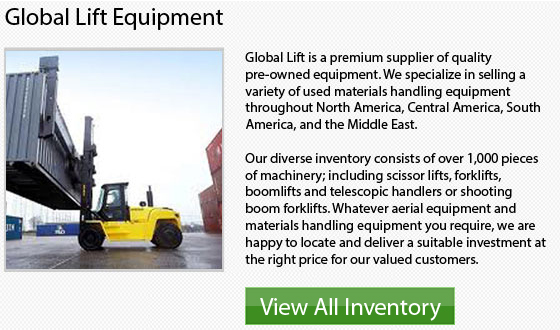
The electric lift truck and the internal combustion or IC lift truck are the two main fuel types for forklifts used within the industry.
Usually, electric forklifts are used away from the elements within indoor operations. These units are easier to utilize in a tight warehouse area. They are a lot quieter to operate and make no emissions that have to be vented or collected.
On the other hand, IC forklifts are superior in outdoor applications and are normally utilized in construction zones and external loading docks. These units come with a lower upfront cost. Moreover, IC forklifts are faster to refuel than the electric models, because these need a few hours of recharging time for their internal batteries.
If you have decided to choose the IC route, the next decision you would face is what kind of fuel do you want to use to power your machine? There are several newer hybrid units offered on the market, but the most popular fuel types are propane, diesel or gasoline lift trucks.
When deciding on the best forklift for your company, it is a great idea to go over the pros and cons that a particular kind of lift would bring to your company. For example, will a propane lift be right for your specific business or application? Make time to read on in order to know more.
Among the best advantages propane lift trucks have to provide is their immense flexibility. They are the easiest and fastest units to refill that is a great thing to consider as it significantly minimizes downtime on your warehouse floor. Like for instance, diesel forklifts need an on-site storage tank and pump system and electric lifts require hours to recharge. Conversely, propane cylinders are fairly fast to swap out and need no lift or crane to handle them.
The ongoing costs of a propane lift truck may be its biggest drawback. The repair costs and regular maintenance will be more frequent with these models as compared to diesel or gasoline forklifts. Additionally, fuel expenses are usually higher on propane units as composed to gas or diesel. It is vital to consider the fact that fuel costs can greatly vary from place to place.